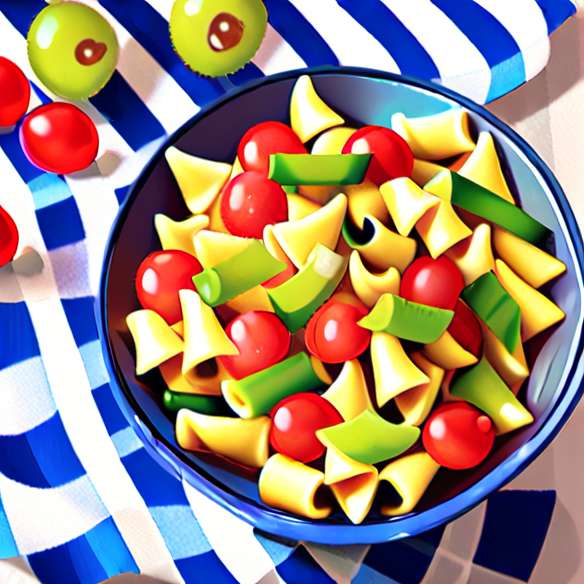The history of pasta

Among the peoples claiming the origin of pastawe find the Chinese and the Italians.
For a long time the legend has attributed to Marco Polo the introduction of pasta in Italy in 1295, when he returned from China. However, the same Marco Polo quotes in his work lasagna that he would have tasted in the East, as good as those that are eaten in Italy.
Archaeologists and historians have found evidence of pasta in China from the Ve millennium BC In 2005, archaeological excavations uncovered the world's oldest noodles, in Lajia, China, cited on the Yellow River where life ended 4,000 years ago. This would confirm that pasta are from China.
But the invention of pastaas we know them, would be attested in Italy by different elements: at the Ve century BC BC, Etruscan bas-reliefs already exhibited the manufacture of pasta and the utensils necessary for their making. Later, among the Romans, a text of Apicius described in the Ve century a dish in all respects similar to lasagna.
Sicilians also claim the invention of pasta, because of the presence of the term macarruniin their most ancient texts. As for the Arab geographer Al Idrisi, he quotes in a writing, around 1154, the pasta from Trabia, village located near Palermo.
Italy, in particular, regulates the manufacture of pasta and decline them into an infinite variety, with precise norms. So, in XIIIe century, it is the papacy that determines the quality standards for the pasta. These will only begin to be stuffed a century later.
In France, it is thanks to Catherine de Medici that we discovered this food now common in our plates. Indeed, the importation of pasta began after his marriage with Henry II.
In 1933, Italy regulates the production and trade of pasta. France follows the year after, imposing in turn a regulation on their manufacture. From now on, these will be made from durum wheat semolina.
Our advice:
We must differentiate the pasta of the noodles. The word noodle comes from German Nudel (XVIe s), which is also at the origin of English noodle. It always means pastabut long and rather flat.








